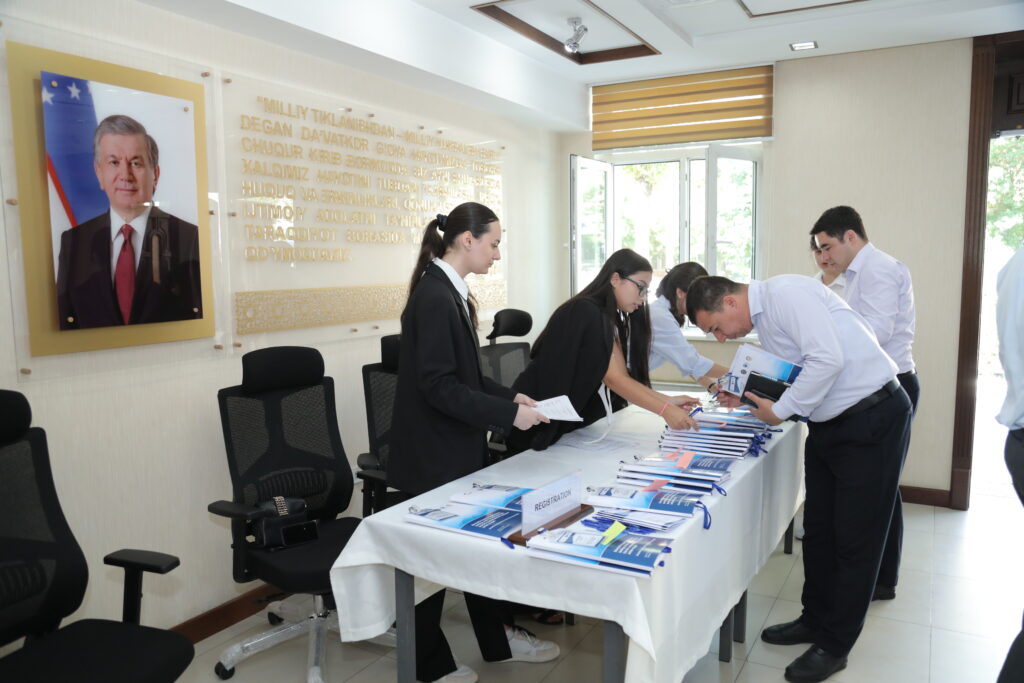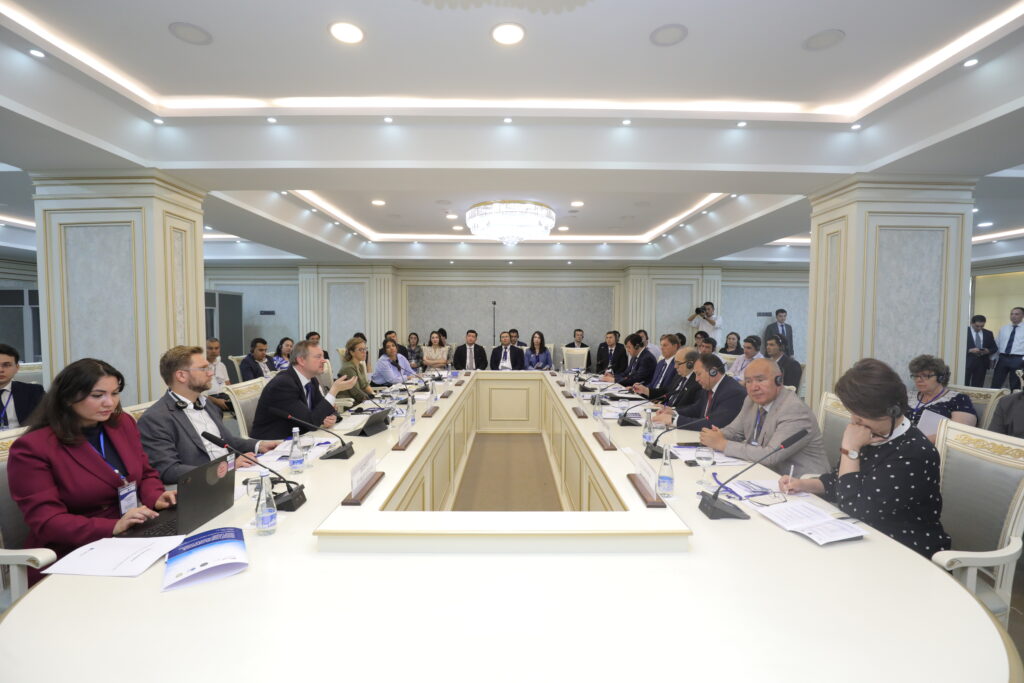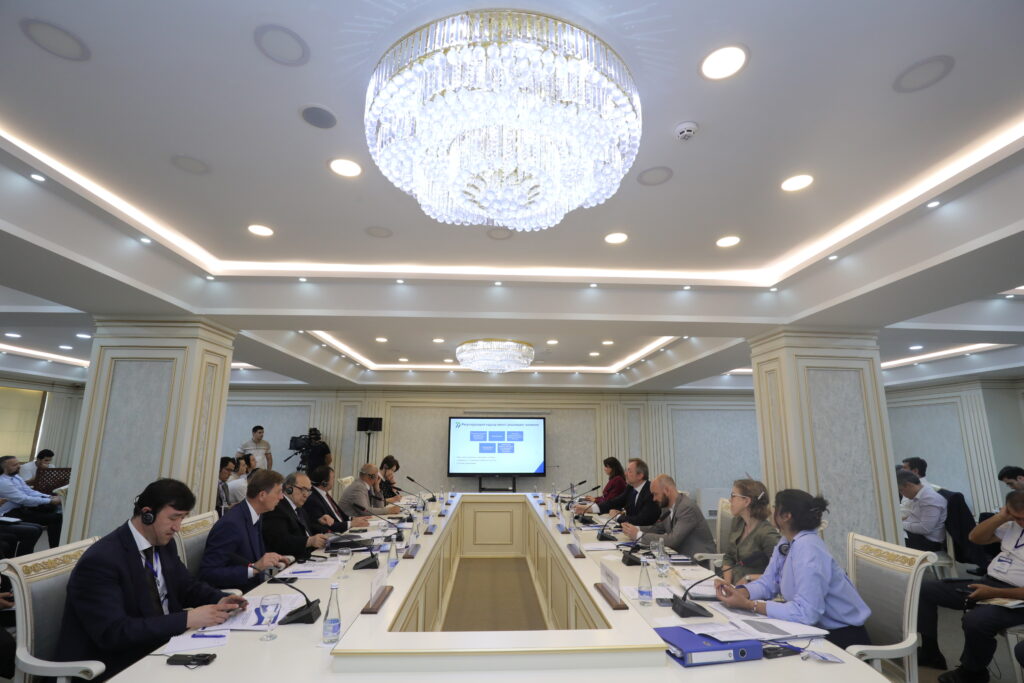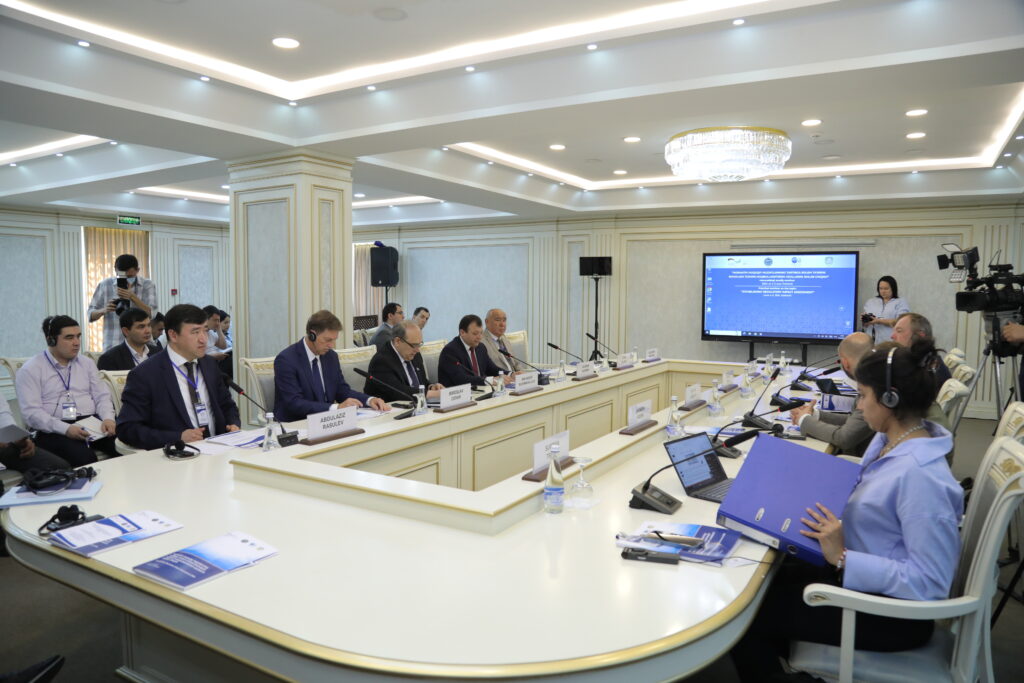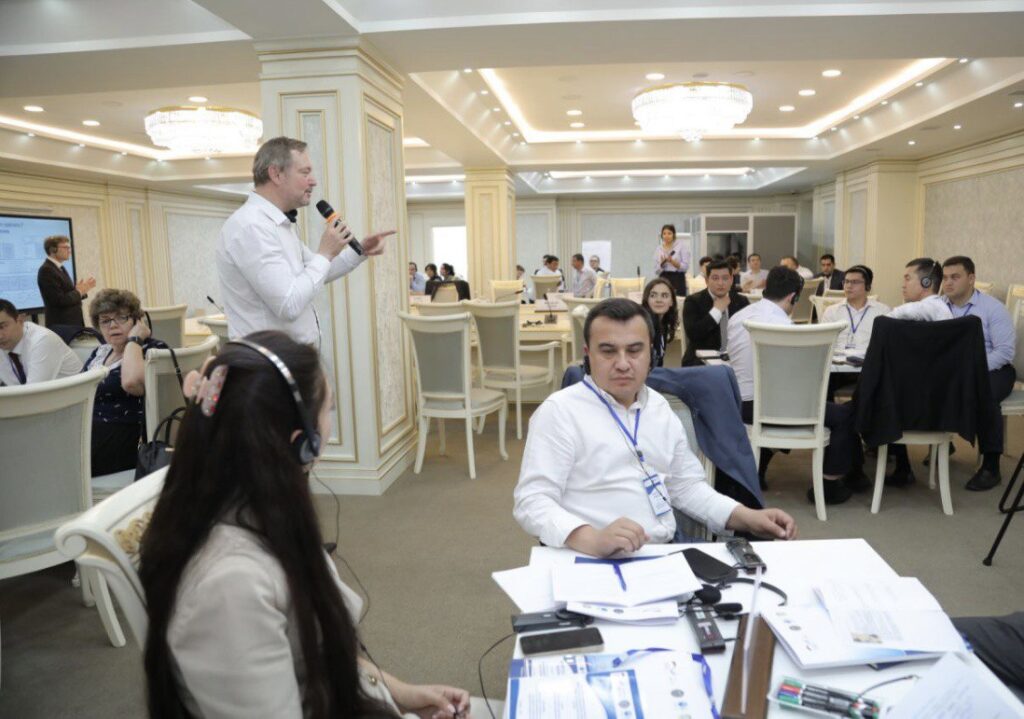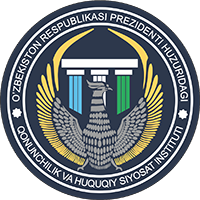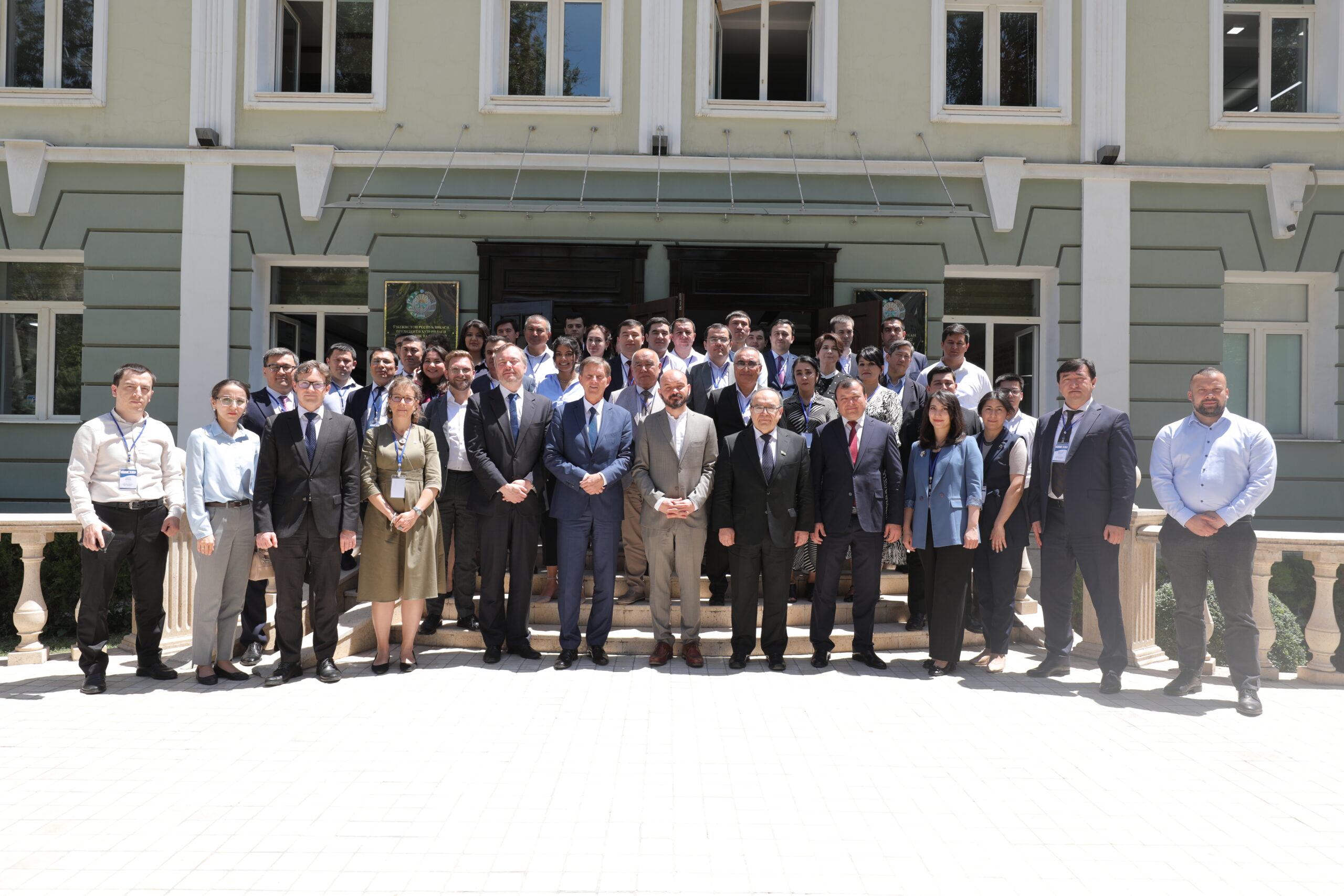On June 4-5, in Tashkent, the Institute of Legislation and Legal Policy under the President of the Republic of Uzbekistan held a practical seminar on the theme: “Establishing Regulatory Impact Assessment”.
This event was organized by the Institute of Legislation and Legal Policy under the President of the Republic of Uzbekistan in collaboration with the Organization for Economic Cooperation and Development (OECD), the German Agency for International Cooperation (GIZ), and the Ministry of Justice of the Republic of Uzbekistan.
The workshop was conducted by leading OECD experts with extensive experience in the regulatory impact assessment of legal acts and in-depth knowledge and skills in this area.
The event was attended by over 60 representatives from ten ministries, departments, educational institutions, and the public, including experts from the Cabinet of Ministers, the Agency for Strategic Reforms, the Ministry of Justice, Tashkent State University of Law, media representatives, and others.
This seminar was organized to improve the mechanisms of rule-making, prevent the adoption of unjustified and economically inefficient decisions, and increase the level of knowledge and skills of domestic specialists in this field.
Uzbekistan is currently carrying out a large-scale effort to improve the quality of norm-setting and to introduce innovative methods of “smart regulation”, which enable deeply calculated and balanced state decisions, with broad public involvement in the rulemaking process.
The updated Constitution of the Republic of Uzbekistan has determined that the main priority of State-building is the individual, their rights, freedoms, and legitimate interests.
In his address, President of the Republic of Uzbekistan Sh. Mirziyoyev noted: “In a society where the law rules, there will always be justice, socio-political stability, economic growth, and development, and the protection of human rights, interests, and dignity will be ensured.
In this regard, the requirements for the high quality of laws, prediction of consequences, and assessment of their effectiveness are invariably increasing.”
The event considered modern foreign methodologies for assessing the impact of legislative acts and discussed the features and results of their implementation in the normative practice of Uzbekistan. The seminar participants familiarized themselves with the principles, methods, and procedures of regulatory impact assessment and exchanged views on their adaptation to the conditions of the Republic of Uzbekistan.
During the workshop, interactive sessions and group discussions were held to consolidate the knowledge and skills acquired.
At the end of the workshop, practical recommendations for further improvement of the legislative process and enhancement of mechanisms for assessing the regulatory impact of legal acts were developed.
